Infection control has always been a top priority for our practice, and you may have seen this during your visits to our office. Our infection control processes are made so that when you receive care, it’s both safe and comfortable.
Our office follows infection control recommendations made by the Alberta Dental Association and College (ADA&C), Health Canada and the Canadian Centre For Occupational Health and Safety (CCOHS).
We want to tell you about the infection control procedures we follow in our practice to keep patients and staff safe.
To ensure the health and well-being of our patients and team members, we have installed 2 different types of air purifiers at our dental office. Both of these are manufactured by the Canadian company, Surgically Clean Air.
- CASCADE WHITE - The Cascade White is the first unit you will see when you enter our office. We have placed this in the waiting area because this is the largest room in our office. The Cascade White is able to filter up to 576 cubic feet per minute.
The Cascade White filter has 6 stages of filtration including UV sterilization, plus two additional negative ion chambers to ensure the air is as fresh as possible. These six filters capture 99.998% of dust particles, pollen, volatile organic chemicals (VOCs), mold, allergens, viruses, odors (like formaldehyde and smoke), bio-aerosols, laughing gas, and many other pollutants that are found in the inside air. The negative ion generator makes the indoor environment feel more pure, clean, and energized.
- JADE - The Jade filter is what you will find in each of our operatories. The Jade filters still have the same 6 stage filtering system and will move 383 cubic feet per minute. This means the Jade will filter all the air in a 10 x 10 room in about 2 minutes.
Both of these filters perform their duties without being loud, (an industry-leading low level of about 55DB) or creating a “breeze” that can be uncomfortable for our patients.
Some additional changes you may also see when it is time for your next appointment. For example:
- Our office will communicate with you beforehand to ask some screening questions. You’ll be asked those same questions again when you are in the office. We will not allow patients to enter our office who have symptoms or have traveled outside of Canada in the last 2 weeks.
- We have hand sanitizer that we will ask you to use when you enter the office. You will also find some in the reception area and other places in the office for you to use as needed.
- You may see that our waiting room will no longer offer magazines, children’s toys and so forth, since those items are difficult to clean and disinfect.
- In the interest of physical distancing, we are advising all adult patients to attend the office alone to prevent crowding.
- Appointments will be managed to allow for social distancing between patients. That might mean that you’re offered fewer options for scheduling your appointment.
- We will do our best to allow greater time between patients to reduce waiting times for you, as well as to reduce the number of patients in the reception area at any one time.
- For our safety and yours, we currently cannot accept walk-ins.
We look forward to seeing you again and are happy to answer any questions you may have about the steps we take to keep you, and every patient, safe in our practice. To make an appointment, please call our office at (403) 382‑2273.
So come on in to get your dental work done and enjoy Surgically Clean Air!
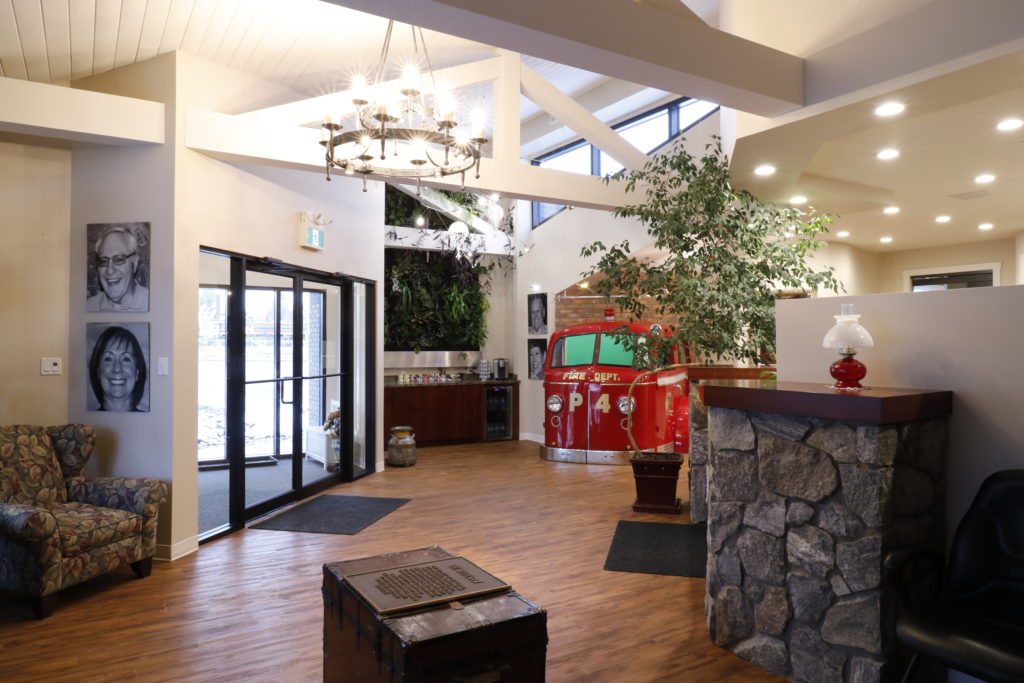
Wisdom Teeth Removal
Your Lethbridge Dentist
Lethbridge Wisdom Teeth Removal

Wisdom tooth extraction is a surgical procedure to remove one or more of the four permanent adult teeth at the back corners of your mouth.
If a wisdom tooth does not have room to grow it is called an impacted wisdom tooth. An impacted tooth can result in pain, infection, and other dental problems. Sometimes preventative extractions are suggested even if you are not currently experiencing problems. A symptom-free wisdom tooth can still harbour disease and it is best to take a proactive approach before it can lead to other dental problems.
As the last permanent teeth to erupt in the mouth, wisdom teeth appear between the ages of 17 and 25. In some cases, a person may never develop their wisdom teeth and for others, they arrive just as their other molars did — and cause no problems at all.
Due to a lack of room in the mouth, many times, wisdom teeth may erupt only partially or not at all. They can also grow at an angle that can affect the neighbouring teeth, grow towards the back of the mouth, and grow straight up or straight down but stay trapped within the jawbone.
Problems with impacted wisdom teeth
You will likely need a wisdom tooth extraction if you experience:
- Tooth pain or jaw pain
- Food and debris trapped behind the wisdom tooth
- Infection or gum disease
- Decay in wisdom tooth that has not fully erupted
- Damage to nearby teeth or jaw bone
- Development of a cyst near or around the wisdom tooth
- Complications to your current orthodontic treatments
How is a wisdom tooth removal performed?
The dentist will make an incision in the gum tissue to expose the tooth and bone, remove the bone that blocks access to the tooth root. The tooth may be divided into sections by the dentist if it's easier to remove in pieces. Once the tooth is removed, debris is cleaned from the site before stitches are added. Gauze is then placed over the extraction site to control bleeding.
Preparing for surgery
A wisdom tooth extraction is almost always performed as an outpatient procedure. This means that you go home the same day. During your consultation, you will receive instructions on what to do before the surgery, the day of your scheduled surgery, and the recovery days following.
Types of anesthesia
There are a few options for comfort when having a wisdom tooth extraction:
- Local anesthesia. One or more injections are made near the extraction site. You will feel some pressure and movement, but you shouldn't experience pain.
- Sedation anesthesia. An intravenous (IV) line of anesthesia in your arm will suppress your consciousness during the procedure. You don't feel any pain and likely won’t remember the procedure.
If you require or think you may require a wisdom tooth extraction, call our office to schedule a consultation.
At the time of your consultation, we encourage you to ask any questions you may have. If you have any questions or concerns after your consultation, please call our office at (403) 382-2273 we will be happy to help you.
SMILES TRANSFORMED
From dental implants to dentures,
see some successful cases by Dr. Karstan Lachman
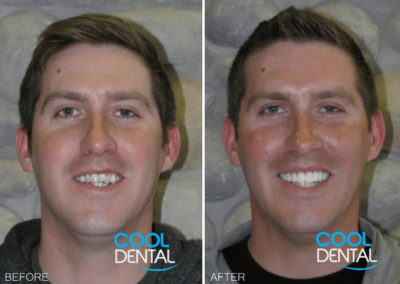
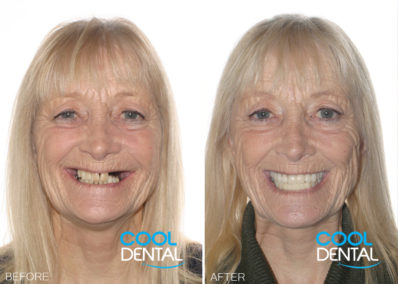
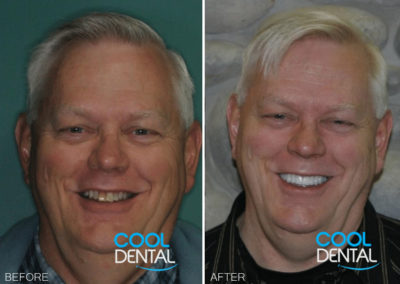
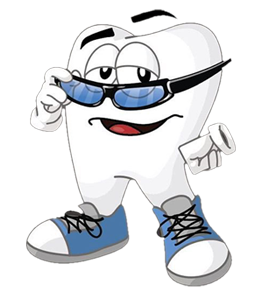
More Before & Afters
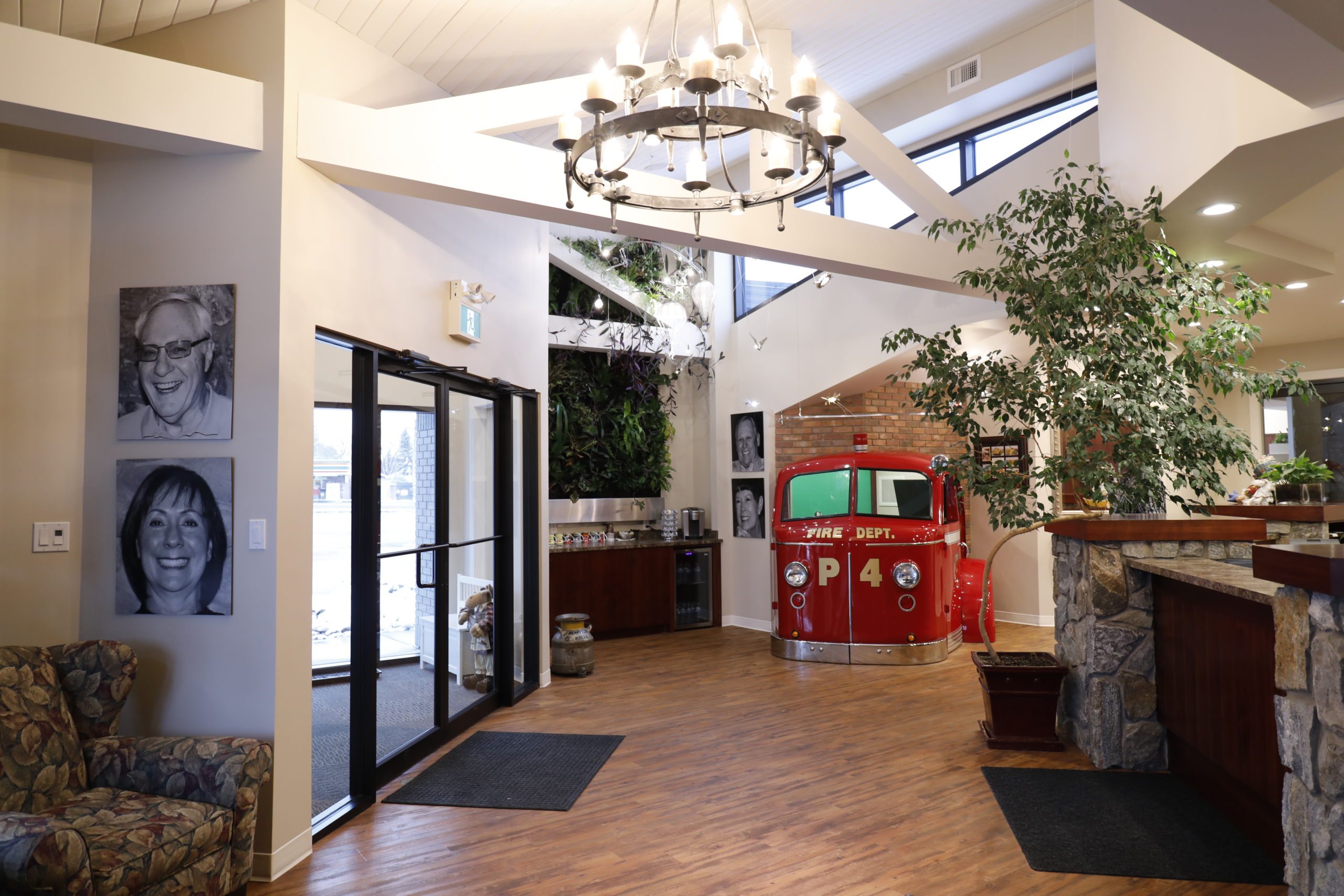
Are you ready for a new dental experience?
Copyright 2025 Cool Dental and Dental Growth Strategies | All Rights Reserved | Powered by DGS
